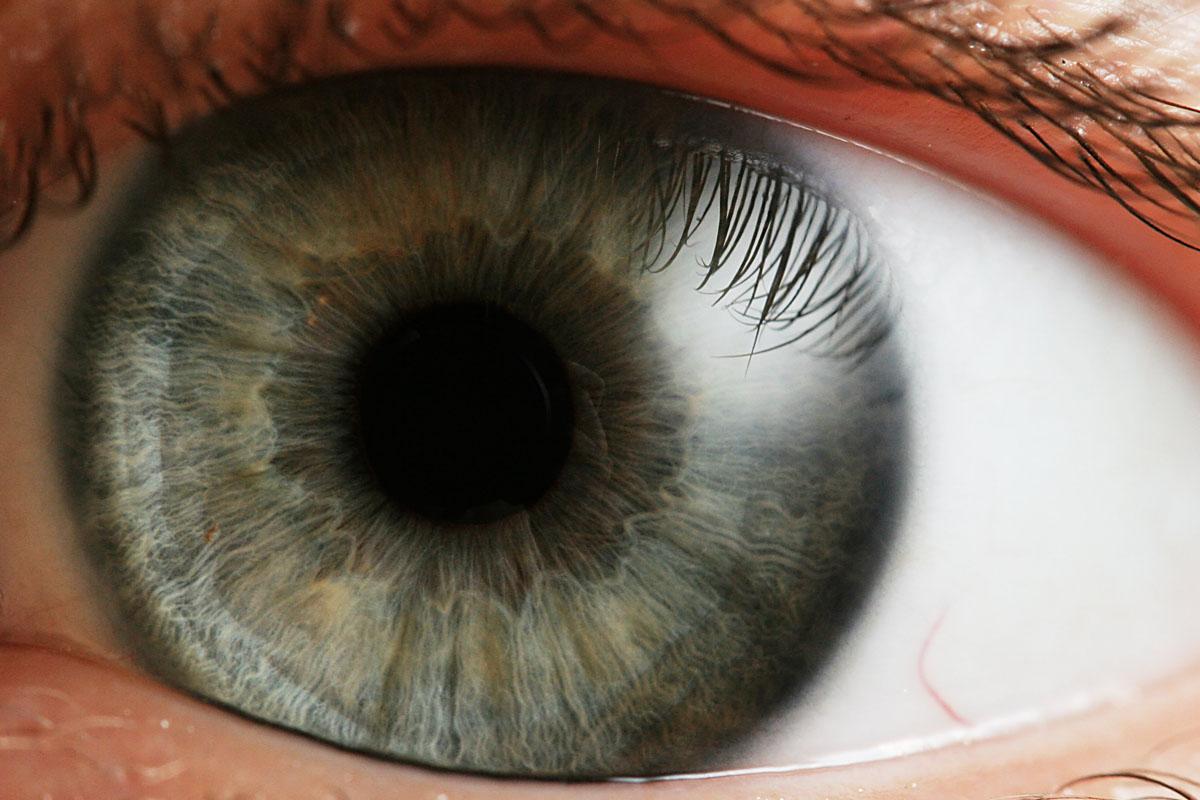D: Heading off early, Yaël?
Y: I’m going to help a neighbor go grocery shopping. She’s been having some trouble with her memory lately, so she asked me to go with her. It’s just small things, like forgetting what she wants to buy, but she’s always been a worrier.
D: Is she worried about Alzheimer’s?
Y: Well, she doesn’t have any symptoms.
D: Have you had a chance to look at her pupils lately?
Y: What for?
D: Researchers think that looking at how quickly a person’s pupil dilates when taking cognitive tests could predict if a person is at increased risk for Alzheimer’s disease, even before any obvious symptoms show up. To understand why, we have to look back at some previous research, which has linked Alzheimer’s to the appearance of a possibly toxic form of a protein called tau. Researchers think it may kill neurons, causing dysfunction in the brain. Tau first shows up in a cluster of neurons in the brainstem called the locus coeruleus. The locus coeruleus also happens to be what causes people’s eyes to dilate while they take cognitive tests. The more difficult the task, the more their eyes dilate. In a study, researchers found that the pupils of adults with mild cognitive impairment dilated more than the pupils of cognitively normal adults when doing cognitively difficult tasks, even when both groups got similar results on the tasks.
Y: So a person’s pupils could tell us something about their Alzheimer’s risk even when it’s too early for cognitive tests to show us anything.
D: Right. I don’t know about eyes being windows into the soul, but they might very well be windows into early Alzheimer’s risk.









